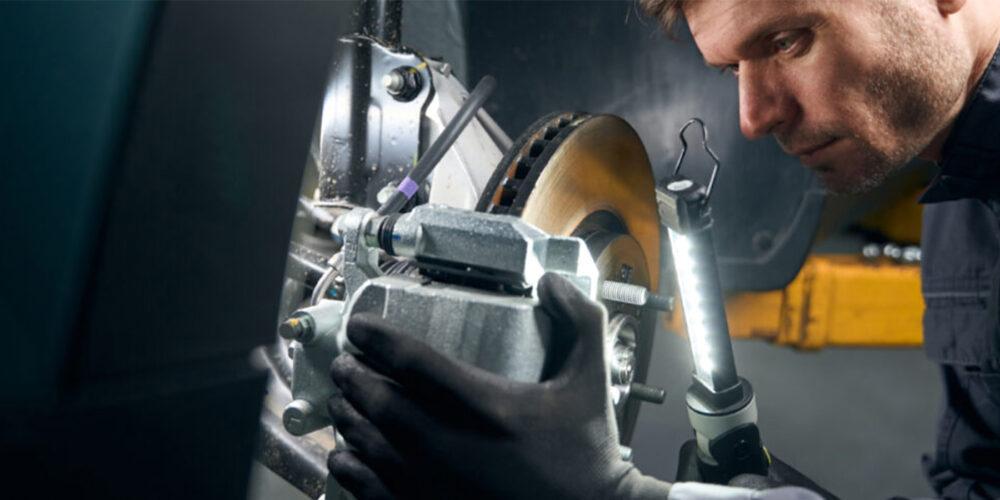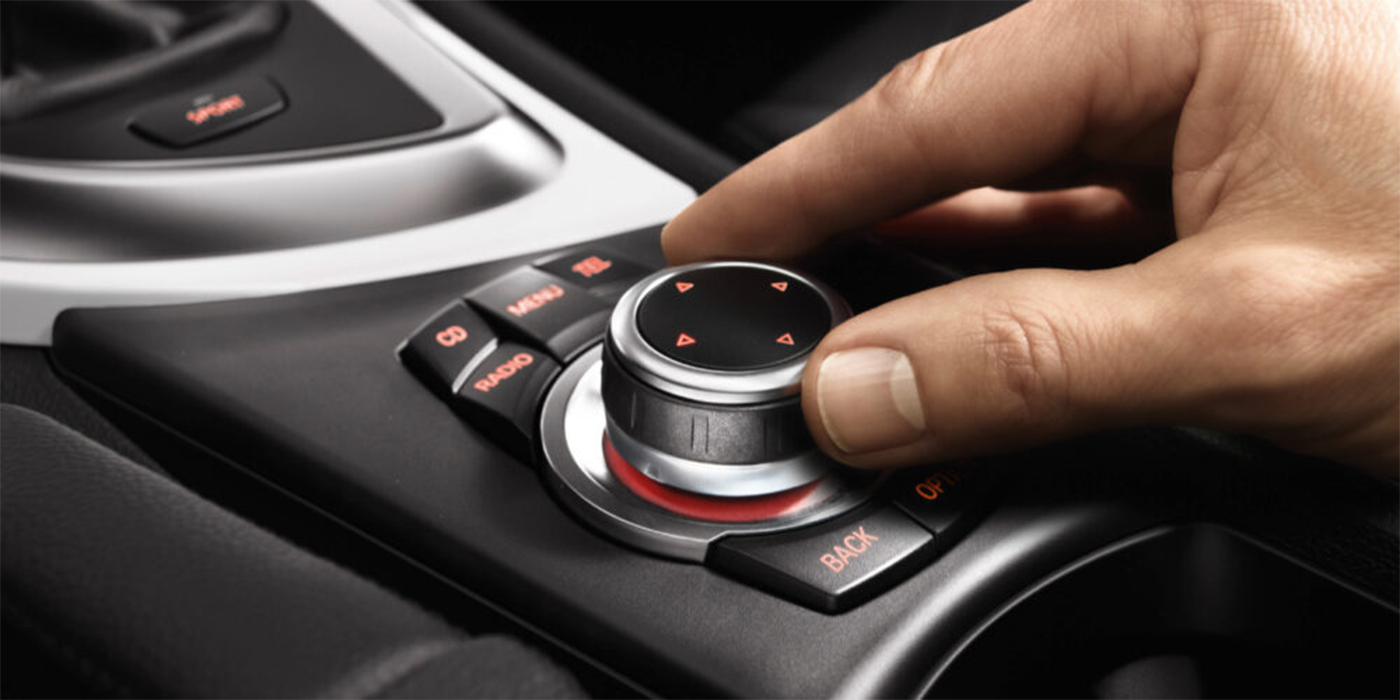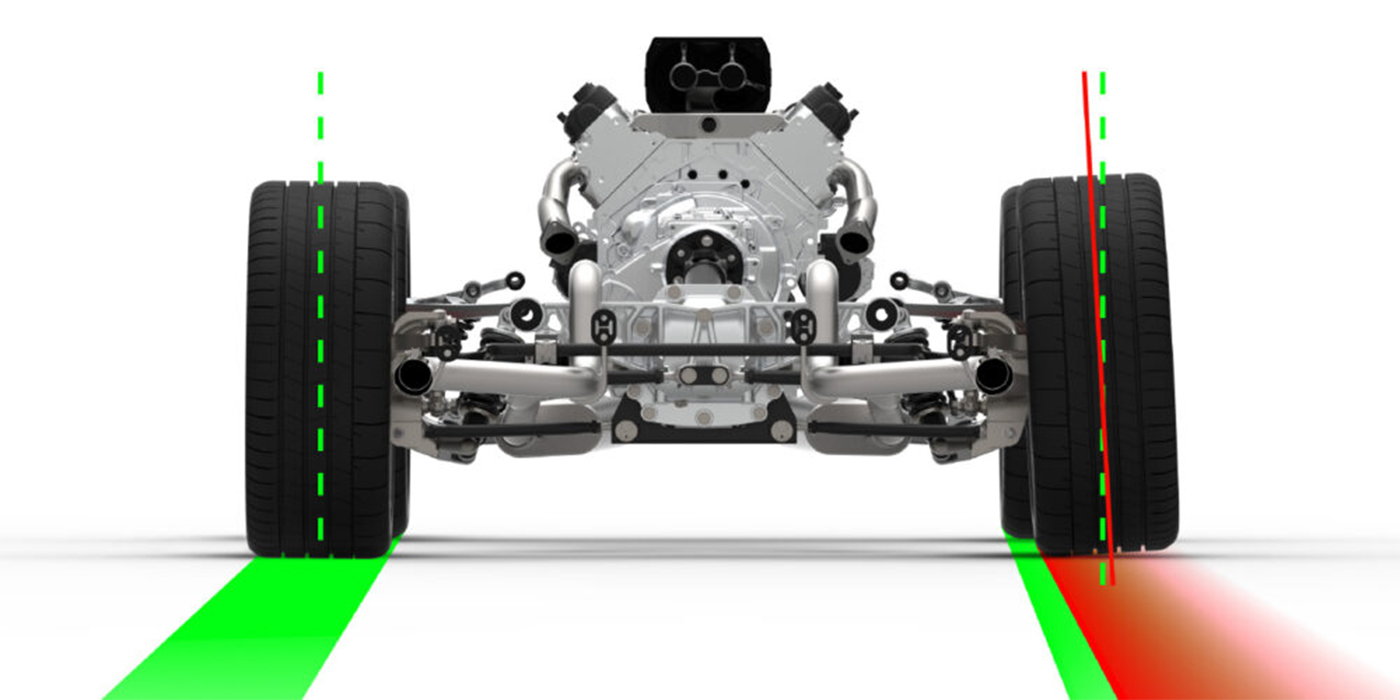
Years ago, Kyle M.K. had a revelation: Businesses exist to serve people, but few businesses focus on the psychology of how people operate.
“Psychology and business aren’t as best of friends as they should be,” says M.K., an Austin, Texas-based customer-experience consultant and author.
While working with and studying name-brand companies such as Apple, Disney and Starbucks, he also has come to the realization that “emotion is the key to unlocking customer and employee loyalty.” That’s the focus of his book, “The Economics of Emotion: How to Build a Business Everyone Will Love.”
In an interview with Counterman, M.K. offered some insights that might help counter professionals understand the role emotion plays in the customer experience, and he shared some of his strategies for dealing with emotional customers.
Treat Everyone Like Your Grandmother
Auto parts stores and repair shops face a unique challenge: The majority of their customers are uncomfortable in the world of vehicle maintenance and repair. They’re intimidated. And on top of that, they’re fearful of the potential cost of fixing their car or purchasing a critical maintenance part – so emotions are running high from the get-go.
“When someone goes into an auto parts store, their defenses are already up,” M.K. says. “And it’s not your fault as a retailer. But if you ask them a question that makes them feel stupid or makes them feel that they don’t know anything about their car, they’re going to get angry. They might feel like they’re being treated unfairly, or they’re going to be fearful, because you’re encroaching on their sense of comfort. Either way, those two emotions do not react well with customer service.”
With that in mind, M.K. suggests treating every customer as you’d treat your own grandmother. Kyle M.K.
“When someone comes in and they don’t know something, it’s very easy to be like, ‘Hey, you’re coming to me for answers. That means I’m the competent one here and I’m going to show you just how confident I am in this knowledge.’ But that doesn’t really impress anybody. Nobody is impressed outside of you.”
It’s better to play the role of a teacher or coach. Rather than lording it over your customer, remember that no one is born with automotive knowledge. At some point in your life, you had to learn it too.
“These people just haven’t learned it yet,” M.K. explains. “That’s fine – be the one to teach them. Don’t make them feel bad for not knowing it. Make yourself feel good and make them feel good for teaching them how to use it.”
The Know-It-All Customer
On the other side of the spectrum, counter professionals sometimes have to deal with customers who think they know everything. These hyper-confident customers like to flex their muscles, so to speak, by talking shop with someone who is in the automotive business.
In some cases, know-it-all customers might try to test you by asking about an obscure part or vehicle. In those situations, it’s perfectly OK to say, “I don’t know, but I can find out.”
“’I don’t know, let’s find out’ is my favorite sentence,” M.K. says. “It’s saying you don’t know and you’re not afraid to admit that, but you still can help.”
3 Steps for Handling Angry Customers
In any retail business, the occasional irate customer is a fact of life. When a customer comes in fuming, the last thing you want to do is yell back or treat the customer rudely.
However, while the grandmother rule mentioned earlier still applies, you also want to avoid “killing them with kindness.”
“I think that’s actually worse than yelling back, because it shows that you just don’t care,” M.K. asserts.
The most important thing to do is to listen and ask questions, he says. In an empathetic manner, try to find out why the customer is so angry, and what you can do to help. From there, M.K. suggests following these three steps:
- Acknowledge what the customer has said to you. In other words, paraphrase what the customer just explained, so he or she knows you understand the situation.
- Align with the customer. Get angry – on the customer’s behalf. Tell the customer, “I would be upset too if that happened to me.”
- Assure the customer everything will be OK. Let the customer know you’ll do whatever it takes to solve the problem. “And once you do that, even if you’re sending them to a different business to solve their problem, they have immediately fallen in love with your brand,” M.K. says. “Because you didn’t care about selling them on something – you cared about solving their problem.”
M.K.’s favorite step is aligning with the customer.
“I’ve done this with thousands of customers over the course of the last 10 years, and this is the reason why I love talking to angry people. They are so amped up, and then you just say one sentence – ‘I would feel this way too if that happened to me’ – and their shoulders lower and become less tense, their jaw isn’t clenched anymore, their eyes widen and you just see this wave of relief on their face.”
Trigger Words
When a customer comes in hot, there are a few trigger phrases you should avoid. One of them is “calm down.”
“If you asked anybody how they respond when someone tells them to calm down, it usually has the opposite effect,” M.K. says. “No one likes to be told to calm down.”
You also should avoid using the terms “sir” or “ma’am.”
“If you think of us as animals, when we say ‘sir’ or ‘ma’am,’ we’ve just become super-submissive in the conversation, and the person who is angry has just become the dominant one in that relationship,” M.K. says. “They will actually pounce at that point.”
That doesn’t mean you never should call someone “sir” or “ma’am.” Just be aware that those terms can light the fuse of an agitated customer.
“When someone is mad or yelling at you and you say ‘sir,’ this is your way of killing it with kindness by being overpolite, and that actually shows that you don’t have the ability to empathize, because most people react with anger when they’re met with anger. If someone is mad at you and they’re expecting you to respond the same way, and you don’t, they actually get angrier. They’re like, ‘Oh, I’m not getting through to you.’”
Article courtesy Counterman.













